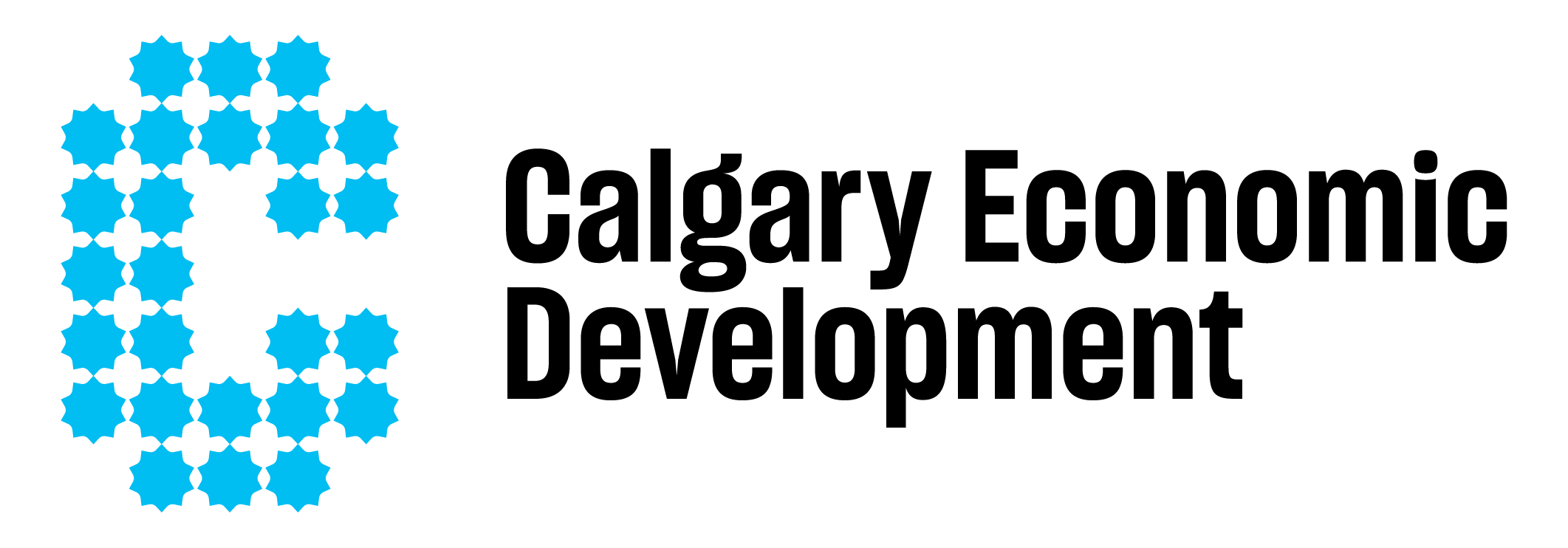On Tuesday, Sept. 30, Calgarians will join Canadians across the country to observe the National Day for Truth and Reconciliation. The day honours the children who never returned from residential schools, and recognizes survivors, their families and Indigenous communities.
Sept. 30 is also Orange Shirt Day, an Indigenous-led movement inspired by the experience of survivor Phyllis Webstad, whose orange shirt was taken away from her on her first day at the St. Joseph Mission Residential School in B.C. Such confiscations were common in residential schools, meant to disconnect children from their families and erase their Indigenous identities.
Today, the orange shirt stands as a powerful emblem of remembrance, resilience and a shared commitment to a better future.
What’s happening in Calgary
Several events, ceremonies and learning opportunities are scheduled around Calgary. Here are some highlights:
- City of Calgary official ceremony
Sept. 30, 9 – 10:30 a.m. at The Confluence Historic Site & Parkland
Includes blessing, remarks by city leaders, school board representatives and Indigenous Elders. Everyone is encouraged to wear orange. - Heritage Park — Truth and Reconciliation: Together as One
Sept. 30, 10 a.m. – 3 p.m. at Heritage Park
A full day of storytelling, ceremony, Indigenous games, dance and exhibits. Free admission for self-identified Indigenous visitors. - Calgary Public Library & University of Calgary events
Sept. 29-30 at Central Library and U of C
Film screenings, author talks, Indigenous placemaking displays and other learning opportunities. - Studio Bell — National Music Centre
Sept. 30, 1 – 5 p.m. at Studio Bell
Free admission; includes “Speak Up!” exhibition, panels with Indigenous artists like Rex Smallboy, Curt Young, Wendy Walker; hosted by Drezus. - Pokaiks ‘The Children’ Commemorative Walk & Gathering
Sept. 30, starting ~11 a.m.
Walk from Peace Bridge to Contemporary Calgary, followed by a gathering to honour Survivors & build community. Free and open to all. - Werklund Centre (Arts Commons) events
Sept. 30 at Werklund Centre (formerly Arts Commons)
Gallery tours, artist talks, Indigenous makers market & Pow Wow showcase; “Echoes of the Land” exhibit; Elders Story Project in evening.
Why National Day for Truth and Reconciliation matters
The legacy of residential schools continues to impact First Nations, Inuit and Métis peoples through intergenerational trauma, cultural loss and systemic inequities. Acknowledging this history is essential — not just to remember but to guide how institutions, individuals and governments act in the present.
Economic reconciliation is a key part of this work. The Indigenous Economic Contribution Study, commissioned by Calgary Economic Development and the City of Calgary, revealed that the Indigenous economy generated a total GDP of $1.5 billion to the Calgary regional economy in 2021. Of that, First Nations governments contributed about $540 million, Indigenous-owned businesses contributed roughly $450 million and Indigenous households contributed nearly $530 million.
These numbers reflect both the strength of Indigenous participation in Calgary’s economy and the opportunity to remove barriers. This aligns with Uplook: An Action Plan for Our Economy, which recognizes inclusive growth and Indigenous participation as central to building a better future for all Calgarians.
Steps toward meaningful reconciliation
Commemorating the day is just one part of what must be ongoing work. Here are actions Calgary and its citizens can continue in 2025 and beyond:
- Learn: Read the United Nations Declaration on the Rights of Indigenous Peoples, the 94 Calls to Action from the Truth and Reconciliation Commission of Canada and explore the White Goose Flying Report that identifies how Calgary can act locally.
- Support: Make a purchase from a local Indigenous vendor or market. Calgary’s Indigenous Procurement Strategy aims to reduce barriers and bring more Indigenous businesses into public contracting.
- Participate: Attend events, listen to survivors and amplify Indigenous perspectives.
- Advocate: Support efforts that advance equity in areas such as education, health and housing.

